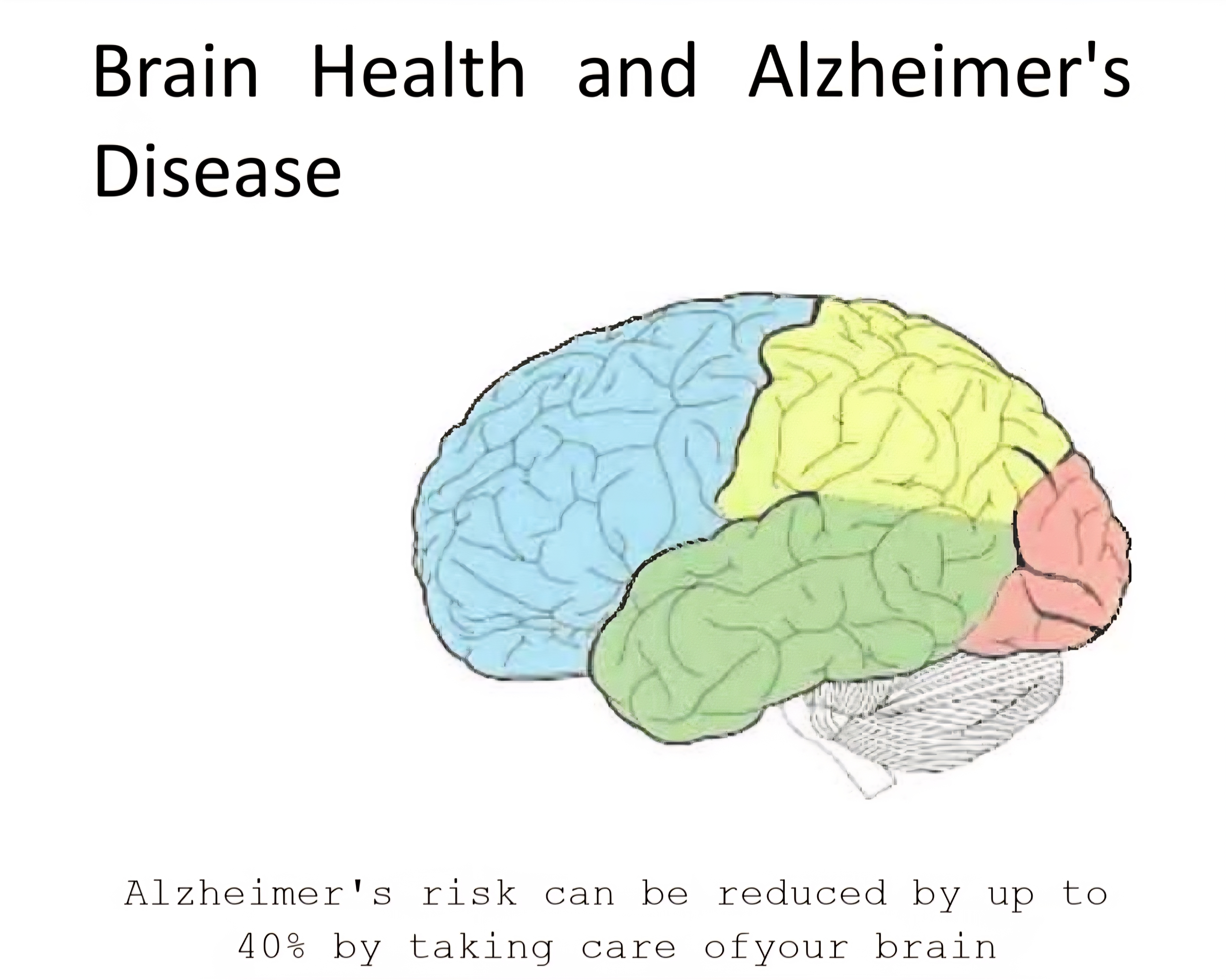Brain Health and Alzheimer's Disease
Author: Carissa Taylor FNP-BC, ACHPN - Palliative Care Nurse Practitioner
Brain Health and Alzheimer's Disease
Carissa Taylor
FNP-BC, ACHPN - Palliative Care Nurse Practitioner
Visit our website for more information from the Alzheimer's Association.
https://mt43news.com
Odds are very good that you will be affected in some way by Alzheimer's disease, and Alzheimer's is only one of several types of dementia. Most everyone has had experience with an older relative or elderly friend who has developed dementia.
Many of us are, or will be, caregivers for someone with dementia in the future. Here are a few statistics. Over 7 million people in the U.S. have Alzheimer's. 9.8% of Montanans have Alzheimer's. Caregivers, most of whom are family and friends, account for another 12 million people. Within the next 40 years, as our population ages, these numbers are expected to double.
More people die from Alzheimer's than from breast cancer and prostate cancer combined. It is the 7th leading cause of death in Montana. The 6th leading cause of death in the U.S.
So what can we do?
Although right now, there is no cure for this disease, there are plenty of steps we can take to reduce our risk of developing it. "You can substantially reduce your risk through the lifestyle choices you make," says Dr. Jonathan Rosand, a neurologist and co-founder of the McCance Center for Brain Health at Massachusetts General Hospital. Dr.Rosand and his team have come up with a brain health score based on physical and lifestyle data.
We can reduce our risk of Alzheimer's by up to 40%. The greatest risk factors that cannot be changed for Alzheimer's are age and genetics, but no matter how old you are and what your genetic makeup is, by taking care of your brain, you can still reduce the risk of developing dementia.
There are some obvious choices in protecting your brain - wear a helmet when skateboarding, biking, skiing, riding a motorcycle, or playing certain sports. Wear a seatbelt. Try to reduce your risk of head injury as much as possible. If you are older, take steps to reduce your risk of falling.
Many of the things you do to make your heart healthy are the same things that can keep your brain healthy. Eat a healthy diet with lean meats and plenty of vegetables. Limit alcohol consumption. Maintain a healthy weight. Exercise. Control your blood pressure. If you have diabetes, manage it. Quit smoking- if you do, you can return to the cognitive levels of non-smokers, so it is never too late to quit.
In addition to exercising your body, you should exercise your brain. Build your cognitive reserve. Cognitive reserve is the brain's ability to compensate and withstand declining or damaged brain function. Challenge your mind. Read, learn a new skill, a new language, or take a class. Keep learning. The more nerve connections you establish in your brain, the greater your cognitive reserve.
Finally, sleep well. Get 7-9 hours of restful sleep a night. Sleep allows our brain to restore and repair itself. There is evidence that some of the proteins linked to Alzheimer's, amyloid and tau, get "washed away" or cleaned up when we sleep. Sleep also helps us consolidate memories and protects us against cognitive decline. Lastly, poor quality sleep and too little sleep are associated with high blood pressure, diabetes, and cardiovascular disease - all of which are risk factors themselves for dementia.
Alzheimer's is not a normal part of aging. It is a disease, and like many diseases can be prevented and/or slowed with healthy lifestyle habits. If you would like to evaluate your brain health or learn more about brain care, go to: https://www.massgeneral.org/neurology/mccance-center/about/brain-care-score
Mary Williams
Alzheimer's community education
Article Images
Click on Image Thumbnail(s) to view fullsize image
PhotoCredit: Alzheimer's Association
